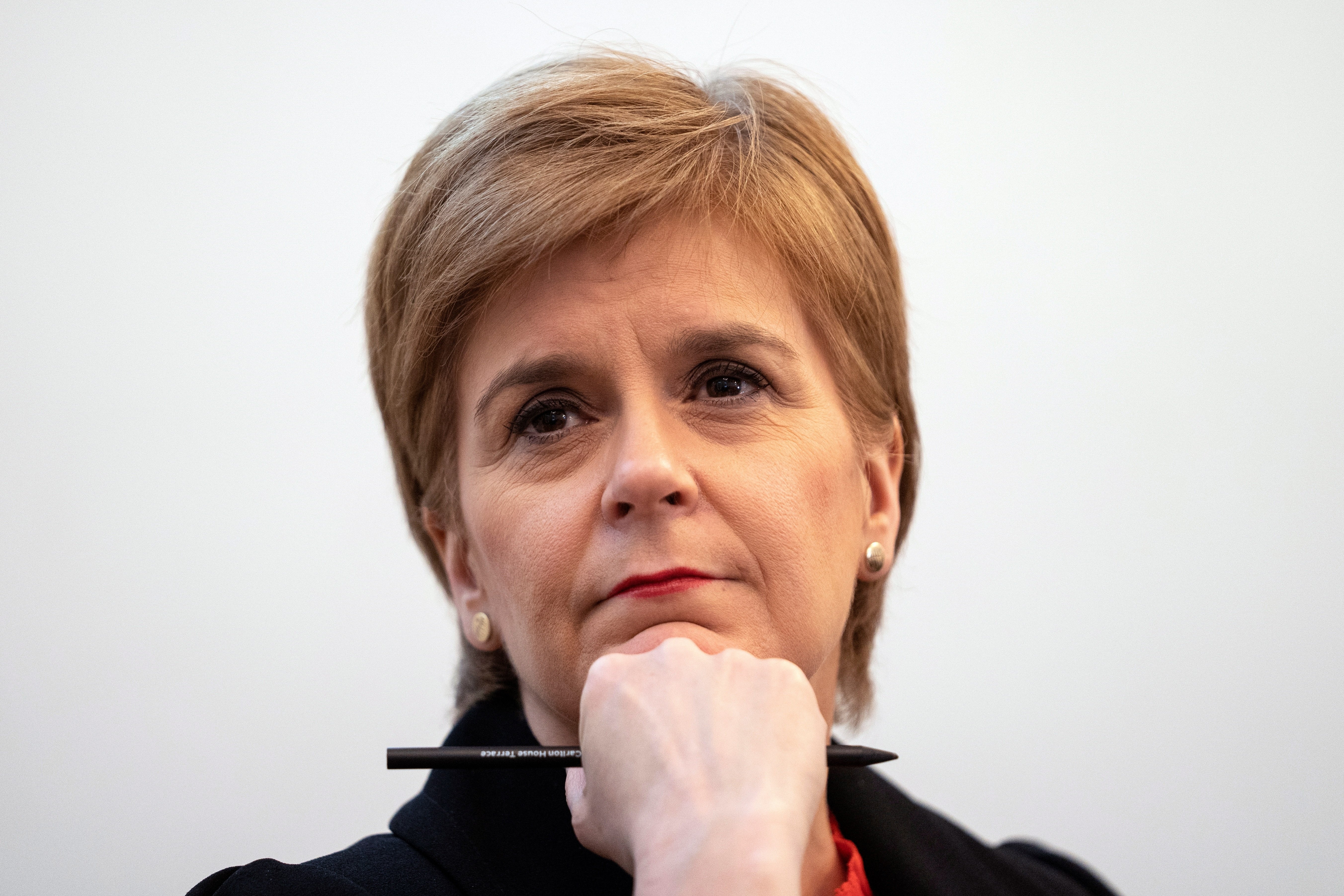Scotland's first minister, Nicola Sturgeon, is beginning to narrow down a date for the second referendum on the country's independence, and told the BBC that it should be held "in the earlier part" of the term of the next Scottish Parliament, which begins in 2021. And she added that the coronavirus pandemic, while requiring "all of her responsibility" at present, makes it even more important that Scotland asks itself what sort of society it wants to be in the future.
The Scottish election is due to be held on May 6th, with the Scottish National Party standing as favourite and asserting that a pro-independence majority at the polls will be a mandate to hold the second referendum. But asked whether a referendum in 2021 was really a "serious" idea in the "chaos" resulting from Covid-19, the Scottish leader suggested that all countries will have "questions to ask" about their future as they emerge from the pandemic.
"Hopefully we want countries with more compassion, where problems aren't as intractable as they have been. For Scotland, that has an added element: the question of who decides. Do we want it to be a Westminster government, which is taking us out of Europe and has many priorities that are not shared by the majority of the Scottish people?"
Nicola Sturgeon wants second independence referendum early in next parliament' https://t.co/cUKV3VvWo1
— BBC Scotland News (@BBCScotlandNews) November 27, 2020
The Reuters news agency has not hidden the significance of the announcement and has compared the referendum to the independence of Ireland. “If another referendum is held and Scots vote in favour, it will be the biggest commotion in the UK since Ireland’s independence a century ago, while London is battling the impact of Brexit,” it notes.
Scots voted 55-45 per cent against independence in the 2014 referendum, but both Brexit and the British government's handling of the Covid crisis have bolstered Scottish support for independence, Reuters states.
According to the agency, if Sturgeon repeats victory in the election, British prime minister Boris Johnson will find himself in a delicate political situation: "He will have a difficult decision: reject a referendum and therefore cause Scottish discontent to simmer, or allow it, which could break up the union he says is so dear to him and his party".
For the moment, Sturgeon is framing the issue in the context of "rebuilding and repairing after the trauma of Covid" - as an opportunity for reflection and change. "We've proven in this pandemic that we can do things very quickly in the face of crisis," she asserted to the BBC. "So why should it take a crisis?"

